The prolonged slavery of women is the darkest page in human history
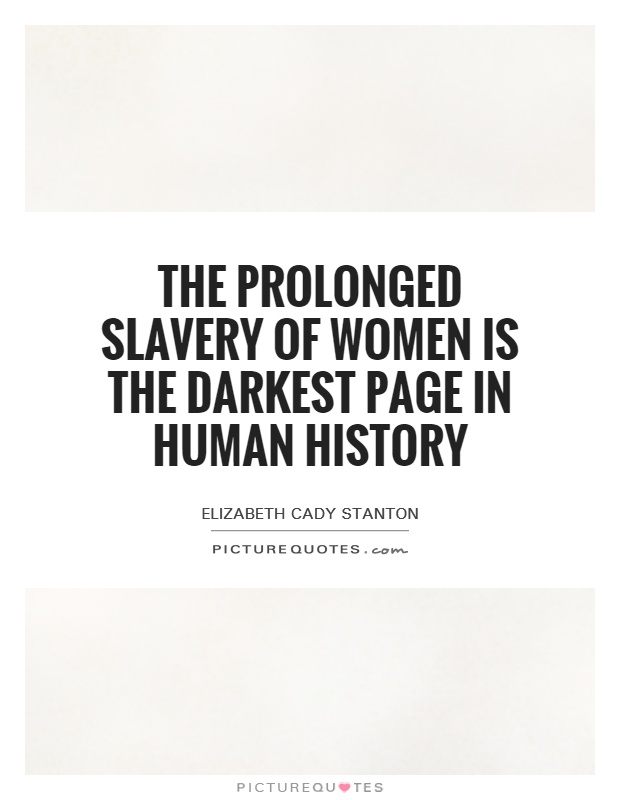
The prolonged slavery of women is the darkest page in human history
Elizabeth Cady Stanton, a prominent figure in the women's rights movement in the 19th century, famously stated that "The prolonged slavery of women is the darkest page in human history." This powerful statement reflects the long history of oppression and subjugation that women have faced throughout the ages.Stanton was a pioneer in the fight for women's rights, advocating for suffrage, property rights, and equal opportunities for women in education and employment. She recognized that the subjugation of women was not only a moral injustice, but also a hindrance to the progress and development of society as a whole.
Throughout history, women have been treated as second-class citizens, denied basic rights and freedoms that men take for granted. They have been confined to the domestic sphere, expected to fulfill traditional gender roles and serve the needs of their husbands and families. Women have been denied the right to vote, own property, and pursue education and careers outside the home.
The institution of slavery, which Stanton refers to in her statement, is a powerful metaphor for the oppression of women. Like slaves, women have been treated as property, denied autonomy and agency over their own lives. They have been subjected to violence, discrimination, and exploitation, with their worth and value determined by their ability to serve and please men.
Stanton's words serve as a reminder of the long and painful history of women's oppression, but also as a call to action for future generations to continue the fight for gender equality. The struggle for women's rights is far from over, as women continue to face discrimination and inequality in many aspects of their lives.
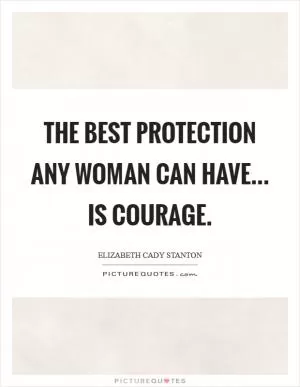
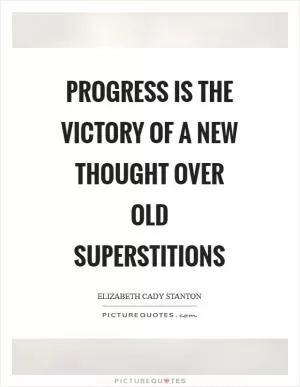
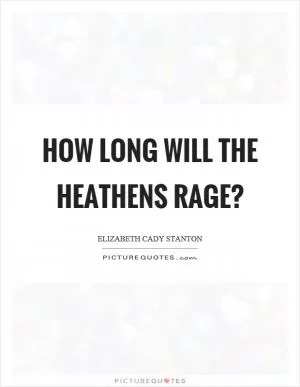
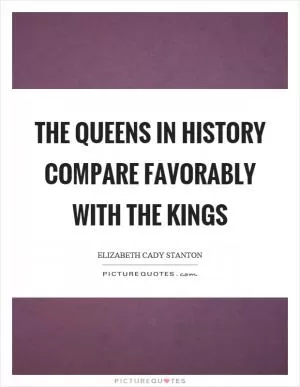
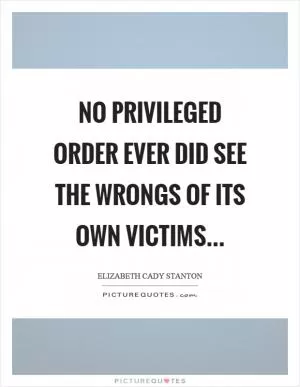

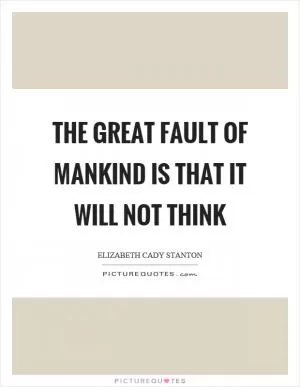
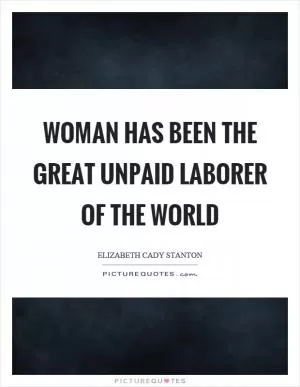
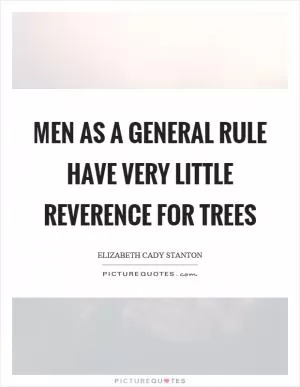
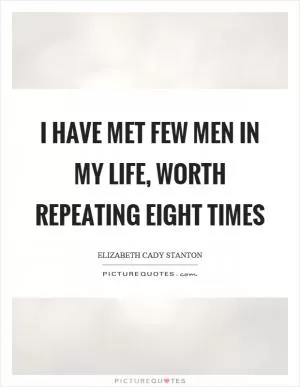
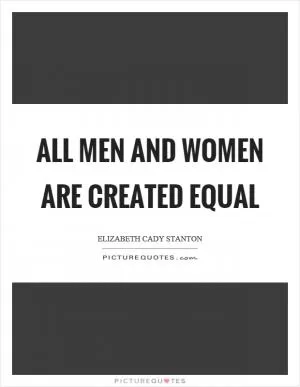
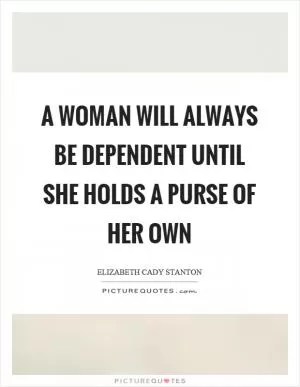
 Friendship Quotes
Friendship Quotes Love Quotes
Love Quotes Life Quotes
Life Quotes Funny Quotes
Funny Quotes Motivational Quotes
Motivational Quotes Inspirational Quotes
Inspirational Quotes